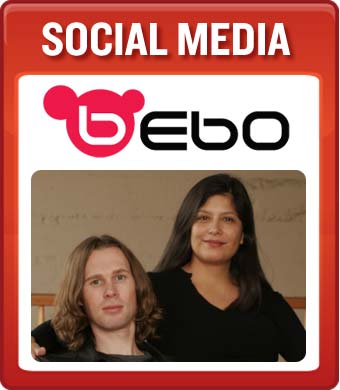I’m looking for examples of effective tech lobbyists. We’ve seen a lot of people moving from the Valley to the Hill lately. Microsoft has gone from “Jack and His Jeep ” to a giant lobbying shop. Google learned from Microsoft’s mistakes and now has a couple floors down on New York Ave. These guys are making an impact in Washington, but what are the best Baptist and Bootleggers scenarios?
Bruce Yandle was the first to put this name to the common two-man play in Washington. It involves a moral authority and an underwriter with deep pockets to fund a lobbying effort. He used Baptists and bootleggers as the most clear example of this. Baptists called for temperance and prohibition because they genuinely believed that alcohol was a great evil. This provided moral authority. The bootleggers didn’t care much about morals, but they knew they’d get rich if legitimate breweries and distilleries were made illegal.
The same thing seems to be going on now. “Lobbying 2.0” features moral crusaders fighting for net neutrality, the unlocking of cell phones, the unbundling of any service that dare be bundled and other such tech-morality causes. Meanwhile, the real beneficiaries of any regulation to come out of this are big tech companies trying to gain an advantage on one another through regulation rather than through competition and innovation.
So, by “best” stories I mean classic examples of businesses lobbying in favor of regulation as opposed to defending themselves against regulation. Who’s most guilty of being a bootlegger? What individual crusader or group is playing the role of the Baptists?
Your comments are appreciated. Also, be sure to check out this Onion discussion on lobbyists.

 Listening to this latest panel at the
Listening to this latest panel at the  Listening to another panel at the
Listening to another panel at the 

 Remember the
Remember the  The Technology Liberation Front is the tech policy blog dedicated to keeping politicians' hands off the 'net and everything else related to technology.
The Technology Liberation Front is the tech policy blog dedicated to keeping politicians' hands off the 'net and everything else related to technology.